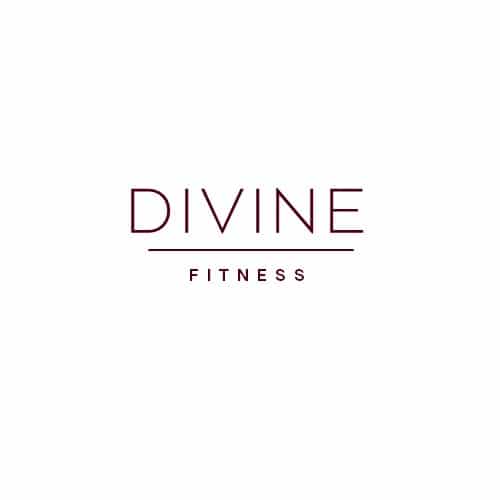I’m frequently asked this question: Does it really just come down to calories in versus calories out regarding weight loss?
And the truth of the matter is, yes. At the end of the day, thermodynamics don’t lie.
However, that is making a very gross simplification of the process.
Thermodynamics is basically a way to explain how we take in energy and use it.
But there are a variety of things that affect these numbers.
For example, some things that influence our energy intake:
- Appetite (Hormones regulate our hunger and satiety)
- Environment (Political, economic, and sociocultural)
- Metabolizable Energy (Food calories that are absorbed)
- Palatability and Reward (Texture, Flavor, and Energy Density)
- Psychology (Mindset, perceived control, STRESS, and Self-Esteem)
While things that affect our energy output:
- Basal metabolic rate (Basically the energy we burn for things like breathing, circulating blood, and living)
- Movement (Daily-life activity, purposeful exercise, etc)
- Producing heat (also known as thermogenesis)
- Digestion and excretion
And so, at the end of all of this. Energy balance (Calories In V. Calories Out) does determine our body weight.
If we absorb and get more energy than we would otherwise expend through all of these processes, we gain weight. While if we absorb and get less energy than we would otherwise expend then we lose weight.
So here’s an example of how all of this could go in a situation where you’re eating less or undereating to lose weight:
- You burn less energy through digestion because you aren’t eating as much
- Your resting metabolic rate goes down because you now weigh less
- Calories burned through physical activity go down because you weigh less (or have gotten more efficient at exercise through consistency)
- Non-exercise-related thermogenesis goes down, expending less through the day. (Things like foot tapping, fidgeting, etc. are subconsciously stopped because your body is attempting to conserve energy)
- Digestion slows down allowing you to absorb more energy from the food you’re eating.
So, that’s all from the side of BURNING energy.
Then you have the side of hormones, appetite, etc.
Because of undereating, your hormones will make adjustments to try and trick you into eating more.
- Ghrelin (Your hunger hormone) will increase, increasing your appetite. (Making us want to eat more, become more stimulated by food cues, and will also cause cravings)
- Leptin will decrease. (Satiety hormone, basically makes it harder for us to feel full)
- Thyroid hormones and sex hormones will both decrease, both of which will affect your basal metabolic rate, further decreasing said number.
Furthermore, when you’re undereating, you’re most likely experiencing some varied level of stress.
And then boom, now cortisol levels increase.
When cortisol increases, this can lead to increased water retention, hiding actual fat loss that may be occurring.
And then, aside from all of those things, things like sleep, genetic differences, as well as even phases of a woman’s menstrual cycle can all affect energy balance.
Questions?
Reach out to me at ChristianDavis20@gmail.com
775-303-7821
Christian Davis | Divine Fitness
Founder & Head Coach

